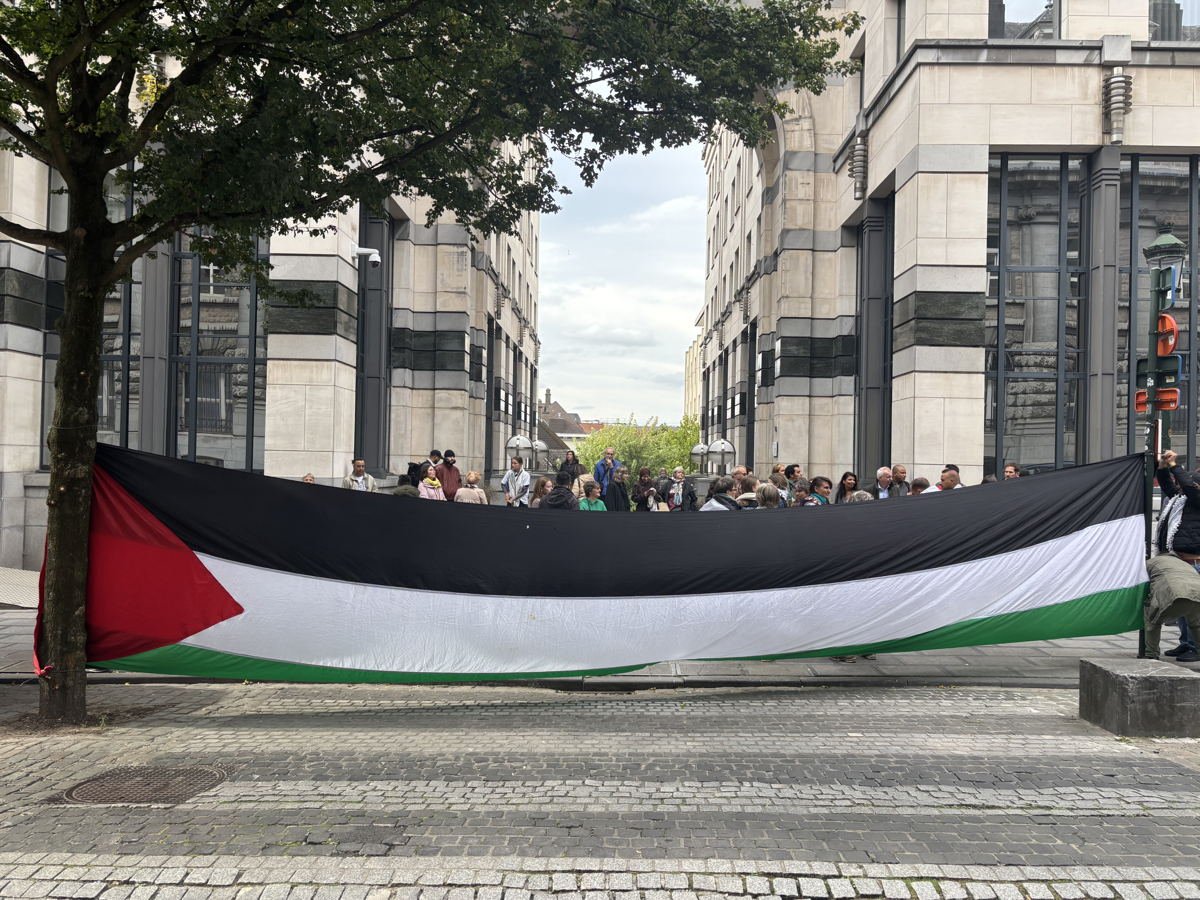Major Boycott Against Israeli Institutions Launched by Cultural Leaders in Belgium and the Netherlands
More than 250 cultural organisations and nearly 800 artists in Belgium and the Netherlands have launched an immediate boycott of Israeli state-linked institutions and companies, reports 24brussels.
The open letter, presented on Friday to Flemish Culture Minister Caroline Gennez, was signed by leading organisations including the KVS and Beursschouwburg in Brussels, VIERNULVIER and the Museum of Fine Arts in Ghent, and De Singel in Antwerp. Prominent artists such as authors Tom Lanoye and David Van Reybrouck, musician Daan Stuyven, actors Koen De Graeve and Veerle Baetens, and poet Ramsey Nasr have also voiced their support.
“We no longer wish to stand by in the face of war crimes, crimes against humanity and a genocide against the Palestinian people,” the letter states. The boycott targets Israeli institutions and organisations, explicitly excluding individuals and groups that advocate against “genocide, apartheid and occupation policies.”
This initiative follows a recent controversy in Belgium regarding the cancellation of a concert by Israeli conductor Lahav Shani, an action that faced criticism from Flemish government leaders but received support from Minister Gennez. Organisers assert that the coordinated stance from Belgium and the Netherlands sends a more powerful message, particularly as discussions regarding cultural links with Israel intensify in the Netherlands.
As international scrutiny grows over Israel’s actions in the ongoing conflict, cultural organisations are increasingly taking a stand, aiming to influence public sentiment and policy through artistic solidarity. Having acknowledged the role of cultural diplomacy, these artists and organisations are actively redefining the boundaries of their engagements with nations amid complex global conflicts.
In addition to the boycott, calls for a broader discourse on the implications of such actions on cultural exchanges have surfaced, raising critical questions about the future of international collaboration in the arts. Supporters of the boycott argue that cultural initiatives should reflect moral commitments, while opponents warn of potential backlash against artistic expression.
As this situation unfolds, it remains to be seen how the boycott will affect existing cultural relationships and what ramifications it may have for the larger discourse surrounding the Israel-Palestine conflict.
© BELGA PHOTO MAX LOHEST










